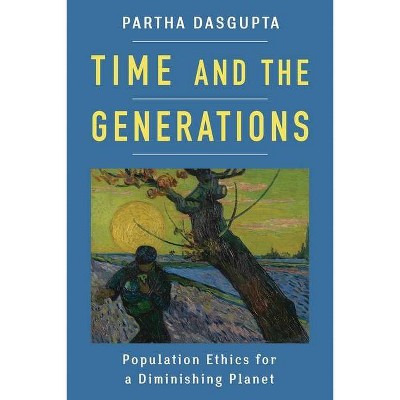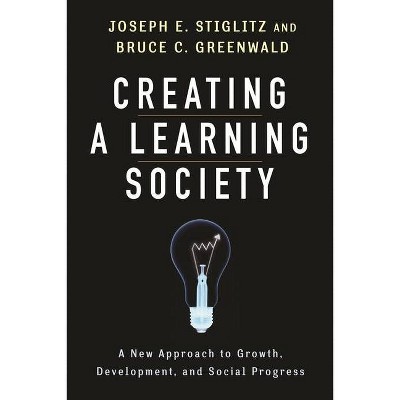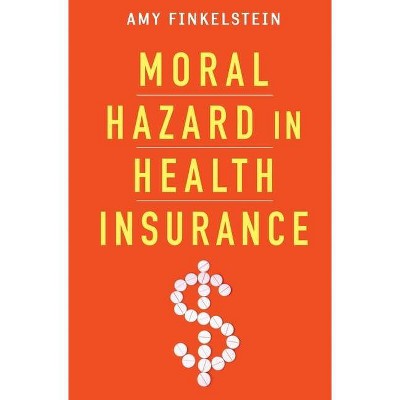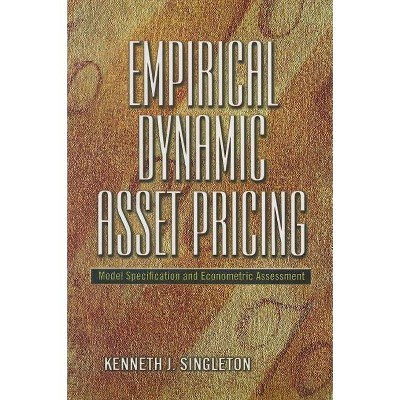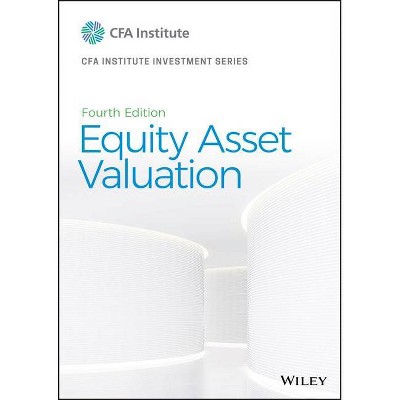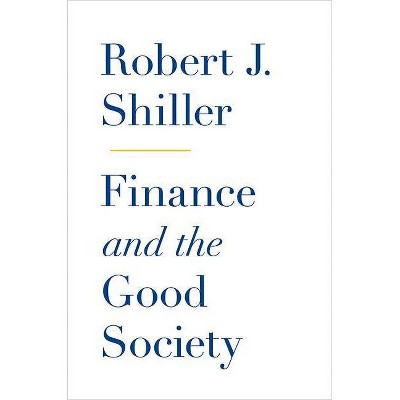Ethical Asset Valuation and the Good Society - (Kenneth J. Arrow Lecture) by Christian Gollier (Hardcover)
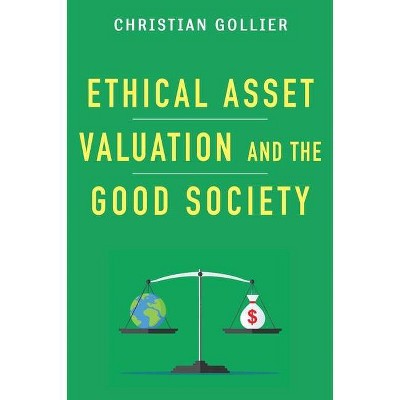
Similar Products
Products of same category from the store
AllProduct info
<p/><br></br><p><b> About the Book </b></p></br></br>Christian Gollier offers a powerful method for transforming societal goals of shared prosperity into the cornerstone of financial decision making. <i>Ethical Asset Valuation and the Good Society </i>builds a bridge between welfare economics and finance theory to provide a framework for establishing what asset prices should be on the basis of moral values.<p/><br></br><p><b> Book Synopsis </b></p></br></br><p>For all of their focus on asset prices, financial economists rarely ask if assets are priced <em>ethically</em>--that is, if their prices are compatible with the public good. Yet in a world facing major, possibly catastrophic problems--global warming, for instance, and growing inequality--it is now more important than ever that we allocate capital to projects that will benefit society as a whole, not just today but far into the future. In this book, Christian Gollier develops a powerful method for transforming our societal goals of collective prosperity into the cornerstone of our financial decision making.</p><p><em>Ethical Asset Valuation and the Good Society </em>starts by stating transparent moral principles and, from these, derives simple rules that can be used to evaluate saving and investment decisions in terms of the public good. Rather than trying to explain observed asset prices, Gollier derives what these prices ought to be in order to direct capital toward socially desirable investments. He focuses especially on the two prices that drive most financial decisions--the price of time as reflected in the interest rate and the price of risk--and explores the role these play in our long-term planning. If investment projects in renewable energy could be financed at a lower interest rate than those linked to fossil fuels, for instance, the energy transition would be easier to accomplish. Building on criticism of the short-term thinking of financial markets, Gollier suggests ways to shift investment toward the future through the discounting of the valuation of assets and investments with long-term benefits. In this sophisticated but accessible work, Gollier builds a bridge between welfare economics and finance theory to provide a framework for ethical valuation capable of establishing what asset prices should be on the basis of our shared moral values.</p><p/><br></br><p><b> Review Quotes </b></p></br></br><br>Christian Gollier has a deep understanding of financial markets and how they often fail to advance social well-being. In this wise book, he develops analytic tools for aligning investment decisions with the public good to point us in a better direction.--Eric Maskin, Harvard University, Nobel laureate in economics<br><br>Christian Gollier has written an ambitious book that is founded on the important theoretical and empirical advances of the past fifty years in economics generally and in financial economics specifically. His highly creative interpretation of the results of this literature yields a novel normative framework for use in valuing social investments.--Richard E. Kihlstrom, the Wharton School, University of Pennsylvania<br><br>Long-run investments to fight global warming have clearly been insufficient. Gollier shows in his gripping and thought-provoking book that this is due to policy makers applying the usury interest rates of financial capitalism, rather than using ethical reasoning and assessment of long-run risks to value the returns on such investments.--Rick van der Ploeg, University of Oxford<br><br>Using cost-benefit analysis to evaluate public investments - like moderating the impact of climate change - is a complicated, poorly understood, and controversial application of economics principles. Christian Gollier here demystifies the high theory of this important subject into a framework and a language that will be understandable to an interested general audience.--Martin L. Weitzman, Harvard University<br><p/><br></br><p><b> About the Author </b></p></br></br>Christian Gollier is a professor at the Toulouse School of Economics and a visiting professor at Columbia University. He is the author of <i>The Economics of Risk and Time</i> (2004) and <i>Pricing the Planet's Future: The Economics of Discounting in an Uncertain World</i> (2012) and a lead author of the fourth and fifth reports of the Intergovernmental Panel on Climate Change.
Price History
Cheapest price in the interval: 32 on November 8, 2021
Most expensive price in the interval: 32 on December 20, 2021
Price Archive shows prices from various stores, lets you see history and find the cheapest. There is no actual sale on the website. For all support, inquiry and suggestion messages communication@pricearchive.us
